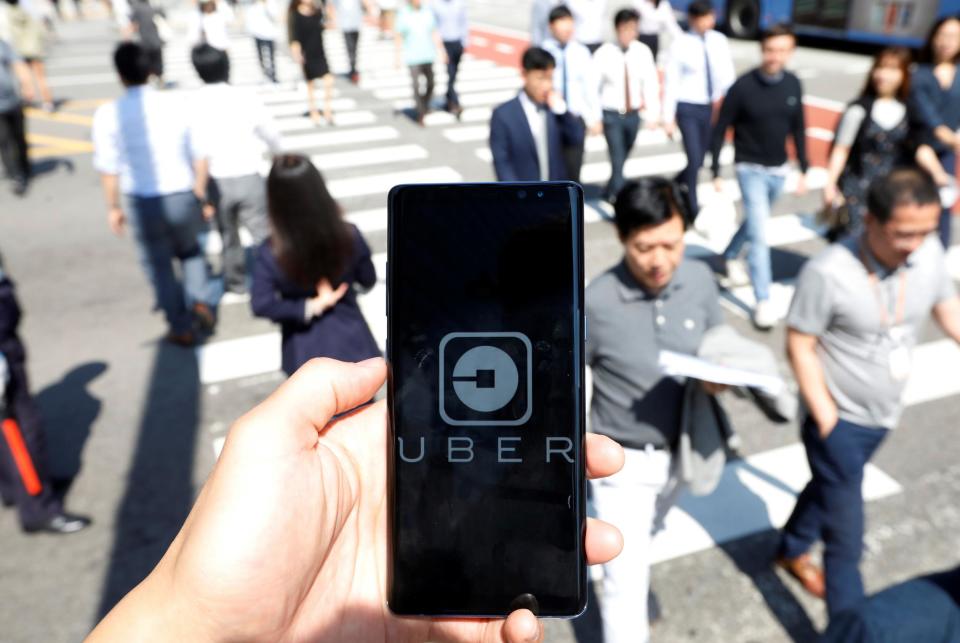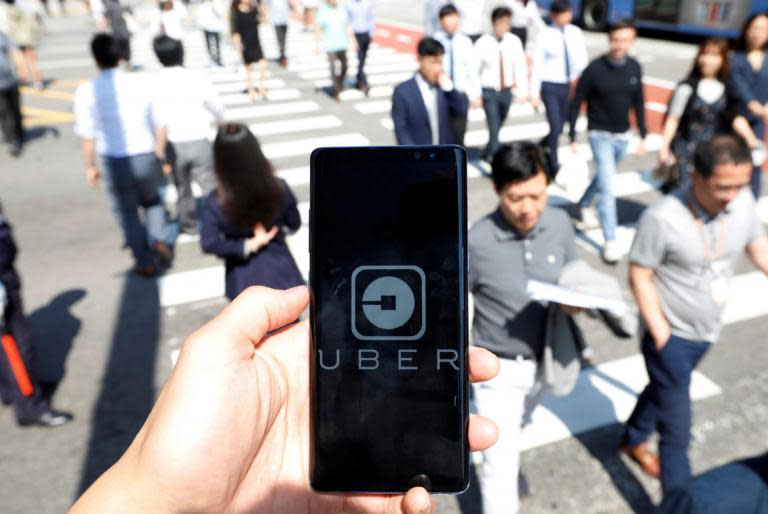Toyota and Uber’s $500m deal shows us the future of self-driving cars
Toyota’s $500m (£385m) investment in Uber’s self-driving car programme is a great endorsement in the future of mobility and sets an exciting precedent.
The combination of Toyota’s purpose-built vehicles combined with Uber’s vast customer base and continuous data will make self-driving technology safer, more reliable, and enable the prediction of demand ahead of time.
Self-driving vehicles are a data-first problem. The more data you have, the more accurate the decisioning models can be, but also the more complex this data becomes to handle and process. The data used for autonomous vehicles is often petabyte (or more), so unless data processing technology exists to accommodate this extreme-data at sub-second response time, companies will be unable to effectively bring self-driving cars - or fleets - to market.
By embedding sensors in custom-built fleets, rather than retrofitting existing vehicles, this partnership will provide more accurate and more complete harnessing of multiple data points throughout a car’s journey. Some of this data can then be used to impact and improve our day-to-day lives in ways that, at first may be invisible to the general population, but can bring huge benefits such as utilising real-time information to influence traffic flow and congestion in our cities - which can not only reduce our commute time, but also improve our health by increasing air quality by virtue of reduced traffic pollution.
Past issues with self-driving vehicles - such as the fatality of a pedestrian from one of Uber’s earlier self-driving models - occurred due limiting the number of different types of sensor systems used. Instead of relying solely on computer video to detect obstacles, autonomous vehicles require several systems to coordinate - including lidar, radar, GPS, image, wifi and IoT sensors - such as smart traffic lights and city-based systems. The use of multiple sensors working together provides data from which outcomes can be correlated, validated and communicated.
This ensures that a consensus can be reached, for example telling the vehicle to stop, regardless of any one individual contradicting signal. Toyota’s custom-built vehicles will have increased capacity for these additional sensors, allowing for cross-correlations of various decisions to sense check these scenarios much more effectively.
To have a globally recognised brand such as Toyota invest in this field and embrace Mobility-as-a-Service (MaaS) brings the vision of autonomous (or, autono-MaaS) fleets closer to reality.
For Toyota, this move makes perfect sense as the autonomous industry shifts away from ownership towards a service model. Uber can provide the on-demand customers and a globally recognised brand - as well as the vast data opportunities associated with this move - while Toyota focuses on the custom-built autonomous technology and physical vehicle development.
In the future, it becomes increasingly imperative that these mobility services are optimised to run in a way that is symbiotic with the cities in which they operate, meaning the development of self-driving technology is inherently linked with that of future smart cities.
Uber is a well-established, global brand with the data sources to visualise demand and in the long-term this, combined with datasets from Toyota’s custom built fleet, will help to build out complete pictures of traffic flow across any given city. This presents an opportunity to work hand-in-hand with the authorities and governing bodies of smart cities to optimise road networks and to run on-demand fleets in a way that is less impactful to a metropolitan environment. This allows us to improve the lives of urban dwellers by building cities that are smarter, healthier and less congested.
Steve Marsh is the founder and chief technology officer of GeoSpock

 Yahoo Finance
Yahoo Finance 

